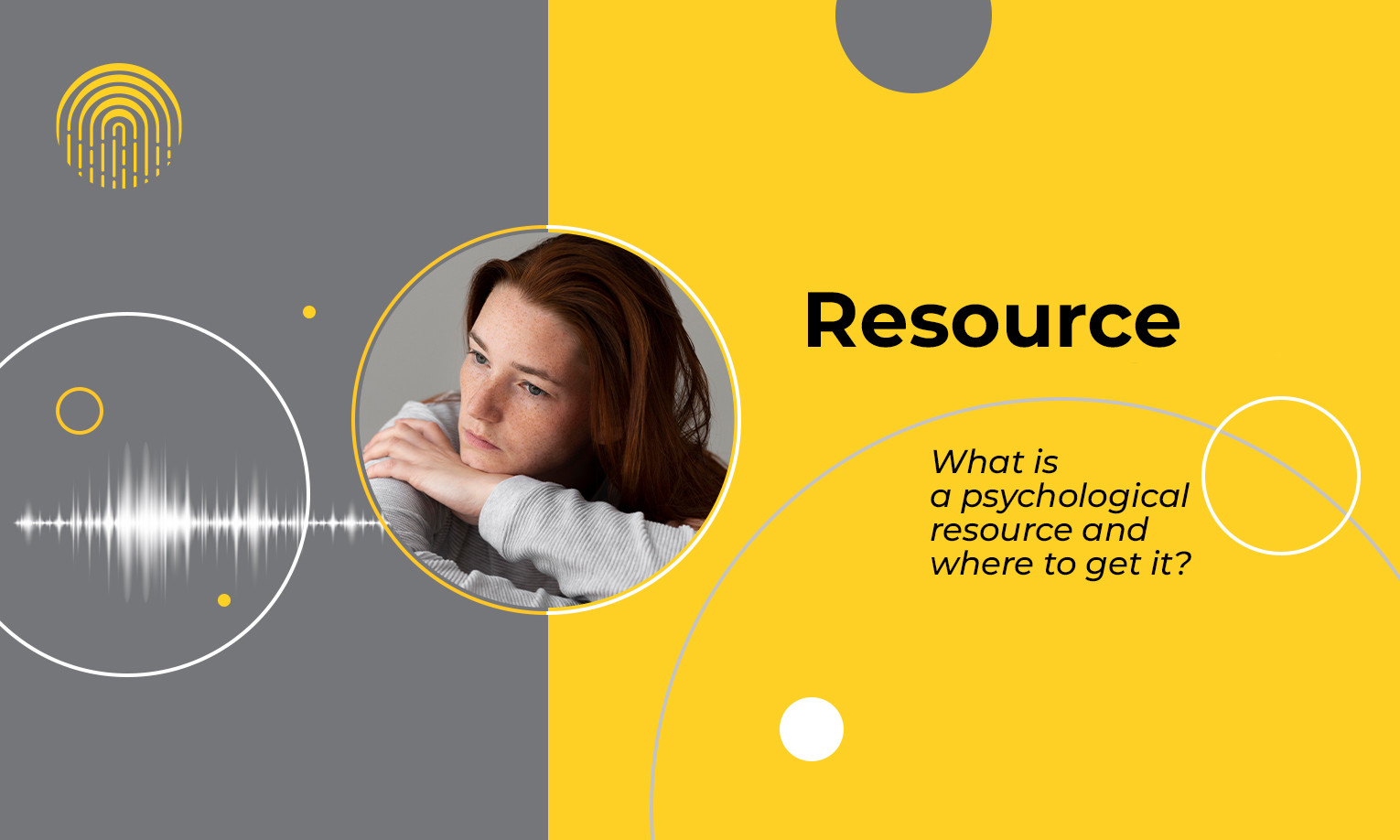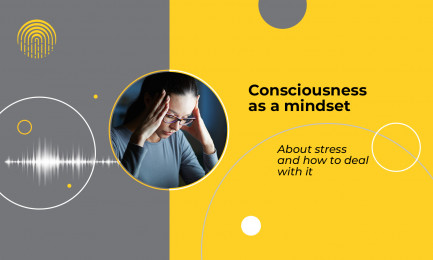What is a psychological resource and where can we get it?
The Rinat Akhmetov Foundation has opened a unique Museum of Civilian Voices. This is the first and largest in Ukraine archive of stories from Donbass civilians who suffered from the armed conflict. It is important for the Rinat Akhmetov Foundation and the Museum of Civilian Voices to document and keep the testimonies of these people so that such human tragedies are never repeated again, in the name of a better future and in the name of peace.
Psychologists who help people cope with the war trauma are involved in collecting stories for the Museum. Since 2014, more than 60,000 different-age residents of the east of the country have received psychological support from the Foundation. Olena Lukyanchuk is one of the Foundation’s psychologists who prepared a set of materials on psychological assistance. Let us present her viewpoint to you.
In 1973, Daniel Kahneman presented his theory about the concept of attention.
If we describe it very briefly, these are its main postulates:
- There is a limitation determined by the amount of available resources of human attention for carrying out mental work.
- A person has the ability to distribute the available attention resource between several tasks.
- The success of several tasks depends on the level of their complexity, intensity and volume of requests from these tasks to the attention resource and its available amount.
- The amount of available attention resource is not constant. It depends on the functional state of an individual and the impact of external factors.
In other words, if you are a working mother and you have deadlines on tasks at work, and you need to make some repairs or refurbishment in parallel, then your brain will distribute its mental capacity to all these tasks. You will keep them in your mind and will be coping with each of them at an average level, while at the same time you will feel that you are missing all the deadlines, that you are missing something and that you are anxious all the time.
This means exactly that you indeed divided your cognitive powers into three tasks at the same time and the brain is able to do them by 30%.
However, if you focused on doing just one thing, you would be able to do it to the maximum of your cognitive abilities: your memory, attention, concentration, logic and the ability to find new solutions.
Is it wearing? It surely is. But in general, we are used to doing everything at the same time and being surprised that we are tired all the time and that we regularly miss something out.
So what to do?
Along with the potential resource of our mind, there is an emotional resource that we need to replenish.
Some rest and pleasure are important for our mind.
Have you ever wondered what makes you glad? What makes you happy? Happiness? This is a very famous expression that we use regularly, but rarely apply to ourselves. What makes me happy?
In the framework of Harvard Grant Study, researchers observed 268 men during 75 years, all this time collecting data about their happiness. The results showed that the main two components of happiness were love and “the ability to live in a way that does not interfere with love”.
Love? Like in the Harvard experiment.
Can it be freedom? The pandemic made some adjustments, and we all suddenly noticed how important it is to be able to move around. At the peak of lockdown in Europe, in 2020, people in a number of countries rented dogs in order to be able to go outside legally and not pay fines. We all suddenly realized that we could be deprived of our freedom very quickly.
Maybe a job? We know that it is good to be in demand. Maslow’s hierarchy of needs is a good example of this. But what to do when you’ve reached the peak? Or what to do when you work and keep working, but there is no happiness, there is only fatigue?
Safety? In 2014 and 2015, many people noticed first-hand that the general anxiety and horror of the war made even those who were far from the front line anxious and worried. Saying nothing about those who live near the front line or those who fled from Luhansk or Donetsk to nowhere with just one suitcase.
There is no universal recipe for happiness in life. What makes each of us happy depends on our inner structure or constitution, on our hormones and experience. This is a sociobiological model.
All of us are computers with different software configured for different tasks.
Ask yourself what makes you happy? How long ago did you make yourself happy? How long ago did you feel good? What can be changed, added or improved in your life situation now to make you feel better? What prevents you from doing this?
If the armed conflict has affected your life, you can also contact the Foundation's psychologists for help by calling the hotline: 0800509001.
Your story should be known too! Tell it to the world! Follow the link https://civilvoicesmuseum.org/en/my-story and fill out a short questionnaire to make your input in the preservation of memory.



